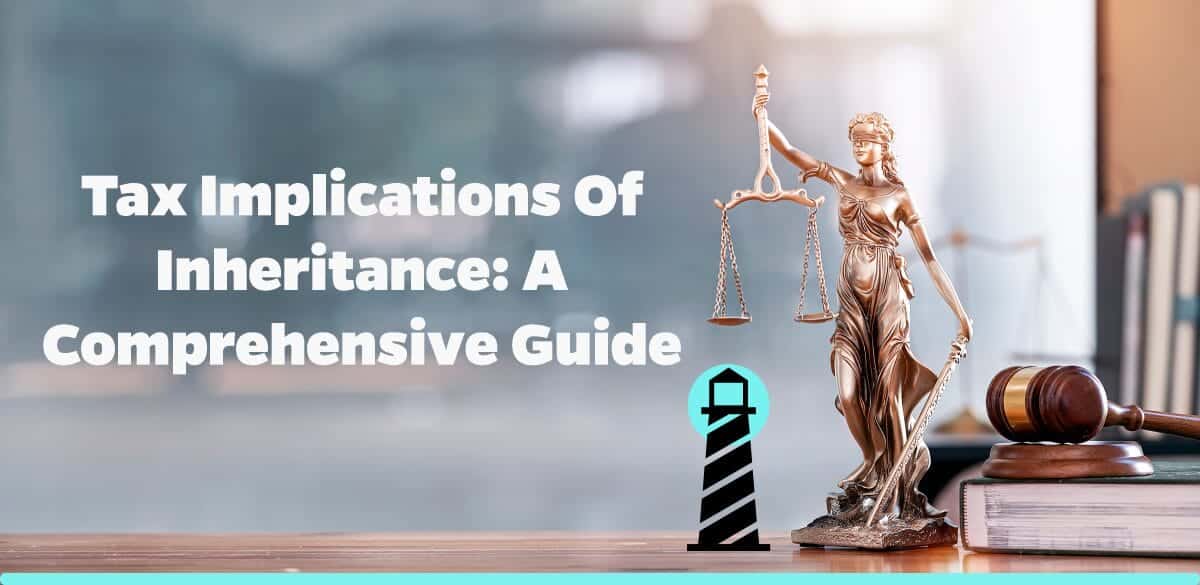Understanding Inheritance Taxes
Inheritance tax is a crucial topic that often stirs some confusion among beneficiaries. It conjures a myriad of questions on its implications, application, and extent to which it affects one’s financial status post an inheritance. As a premier nationwide tax relief company, Brightside Tax Relief is committed to offering a clear explanation on each aspect of inheritance taxes, helping you navigate this essential area of financial planning prudently.
What Are Inheritance Taxes?
In its simplest form, inheritance tax refers to the tax levied on the value of a decedent’s estate passed on to beneficiaries. This tax is calculated based on the total value of all the decedent’s cash, properties, trusts, businesses, retirement funds, and other assets. However, it’s crucial to note that not all beneficiaries are subject to inheritance taxes.
The History and Origin of Inheritance Taxes
The concept of taxing wealth transfers after death has historical roots dating back to ancient Roman civilization. However, in the United States, the modern version was first instituted in 1898 to fund the Spanish-American War. It later evolved into the current system during the early 20th century and has since undergone numerous revisions.
Inheritance vs. Estate Taxes
While the terms “inheritance tax” and “estate tax” are often used interchangeably, these two are distinctly different. Estate tax is levied on the decedent’s entire estate, regardless of who inherits the assets, whereas inheritance tax is imposed on the beneficiaries receiving the property. Notably, most states don’t charge an inheritance tax, while estate tax is more common.
Who Pays Inheritance Taxes?
Each beneficiary is responsible for paying inheritance taxes. Different rates and exemptions apply depending on your relationship to the deceased. Spouses are typically exempt from inheritance tax, while children and grandchildren bear a lower tax rate. More distant relatives or unrelated beneficiaries can expect significantly higher rates.
Inheritance Tax Exemptions and Thresholds
Specific exemptions for inheritance tax exist depending on the state laws and the relationship of the beneficiary to the decedent. For instance, certain family members may be exempt from this tax. A tax threshold, often referred to as an exclusion, also exists and the tax is only applicable when the value of the bequeathed properties exceeds this threshold.
Determining the Value of Inheritance
To calculate inheritance tax, it’s necessary to determine the fair market value of the decedent’s assets at the date of death. This valuation includes outright gifts, trusts, business shares, cash, real estate properties, and other assets. Deductions such as unpaid debts, mortgages, and administrative expenses related to the estate can also be subtracted from the total value.
Steps to Minimizing Inheritance Taxes
Strategic planning can go a long way in reducing the total inheritance tax payable. This might include:
- Utilizing Annual Exclusion: The annual gift tax exclusion allows you to make tax-free gifts each year to reduce your estate’s taxable value.
- Setting up Trusts: Trusts can hold assets and distribute them to beneficiaries over time, bypassing inheritance or estate tax.
- Life Insurance: The payout from a life insurance policy can be used to cover inheritance tax liabilities.
- Charitable Contributions: Donating assets to charity can also reduce the taxable value of your estate.
Navigating Inheritance Taxes with Brightside Tax Relief
Inheritance tax can be a complex arena to navigate on your own. Brightside Tax Relief offers comprehensive tax guidance to help clients understand and manage inheritance tax implications. With decades of experience, our experts can provide strategic advice to minimize tax burdens and ensure you gain maximum value from your bequests.
Finally, for further detailed and authoritative information on inheritance taxes, we recommend this resource from the Internal Revenue Service: IRS Inheritance Taxes.
Final Thoughts
Understanding inheritance taxes and their implications is critical to maximizing the value of your inheritance. It aids in proactive planning and presents opportunities to mitigate unnecessary tax burdens. At Brightside Tax Relief, we are always ready to provide the necessary help and guide you through the intricacy of inheritance taxes, ensuring you make informed decisions when it matters the most.






